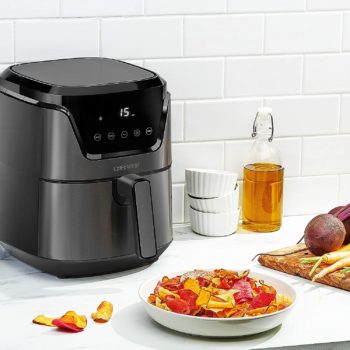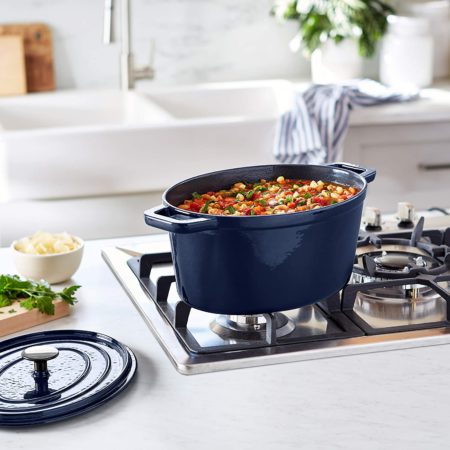Have you ever come across a bottle of soy sauce that is a year old or more and wondered whether it is still suitable for use?
The big question is whether soy sauce goes bad. The answer is no! Soy sauce comprises many particles of sodium. Hence, microorganisms get a hard time developing and growing in such a salty environment. However, it loses its taste over time. If stored well, it retains its freshness and taste for quite some time.
How Lomg It Takes for Soy Sauce to Go Bad

Soy sauce and other soy sauce-based ketchup like Japanese Tamari, Indonesian ketchup lasts long. If your bottle of soy sauce is unopened, it’s best stored in a cool, dry place. Once opened, it’s advisable to store it in a refrigerator. This helps maintain its freshness and flavor for a long time. You could also store it in a cool, dry place like a pantry, especially if you intend to use it within the next few months. Always ensure that the bottle is sealed tightly.
Undoubtedly, soy sauce stays for a while. Yet, it has a ‘best by date’ on its label. This date will inform the user when the sauce starts to lose its freshness and flavor.
Manufacturers advise that once you have opened the sauce, you should start using it soon, preferably between one and six months. This helps ensure the salt remains intact and maintains its freshness.
Soy sauce stays safe to use years after the best-by-date label. That means you can still use the sauce even when it’s presumed not best for use. Such a product doesn’t cause any illness to the individual. Instead, it fails to add freshness and flavor to the food. Hence, to retain its flavor, ensure it’s stored in a refrigerator.
After the ‘Best by Date’ label, the opened soy sauce should stay in the pantry for six months and nothing more. If it is refrigerated, its lifespan is extended by a year. On the other hand, if it’s an unopened soy sauce, it can still last for about two years, whether refrigerated or stored in the pantry after its’ Best by Date.’
How To Tell If Soy Sauce Is Bad?

Soy sauce doesn’t spoil if water or other ingredients are not added to it. That means keeping the bottle of soy sauce in a cool room and leaving it closed tightly enhances its longevity. If you notice the smell or taste of the sauce starting to change, you can start using it or keep using it, or you can throw it away for quality reasons. If you decide to keep using it, you should always taste your food before sitting down to eat, as you might need to add more of the sauce to taste than you usually do.
If you notice that the bottle wasn’t sealed or some contaminants got inside, that’s your cue to discard it. Same as when you notice something about the sauce isn’t right, trust your gut and discard it.
Is Soy Sauce Gluten-Free?
Soy sauce is not gluten-free, as its main ingredient is wheat. Many brands, however, offer gluten-free soy sauce. If you are allergic to gluten, make sure to cross-check the bottle before buying. You can also decide to take an alternative sauce that is always gluten-free, for example, the Tamari sauce.
How To Use Soy Sauce?

Soy sauce is quite versatile and can be used in distinct ways, from salad dressing, cooking, seasoning, and marinating to glazing.
Cooking
When cooking with soy sauce, two things come into play:
- The recipe
- How pronounced you want the flavor to be.
In recipes with a lot of liquid, more of the sauce is required, but in dry dishes, less is needed. You can always add more of the sauce at the end.
Glazes
Soy sauce makes an excellent glaze for roasted, pan-fried meat, fish, or vegetables. It adds shine and a deep savory flavor. Add it to honey and brush it on a joint of roasted meat. You can then place it in the oven to caramelize.
Marinating
Soy sauce is good for marinades because its salty flavors penetrate the food more efficiently than table salt can. Add 3-4 tablespoons of soy sauce in every portion alongside other marinade ingredients.
Seasoning.
The amount of soy sauce you use after cooking depends on what you are eating. A dash of the sauce adds a final flourish to most of the foods.
Salad dressing.
When using it in salads, one tablespoon of soy sauce for every tablespoon of oil works well.

The different varieties of soy sauce are;
Light soy sauce, dark soy sauce, mushroom flavored soy sauce, thick soy sauce, shrimp flavored soy sauce, Indonesian Kecap Manis, Japanese Tamari.
Soy sauce has so many positive uses, but it also contains significant amounts of amines. These are histamines and tyramines. Excessive histamines cause toxic effects when consumed in high quantities. The side effects include; headaches, sweating, dizziness, itching, rashes, stomach problems, and changes in blood pressure.
Soy sauce has a high concentration of sodium. A high intake of sodium leads to increased blood pressure, especially in salt-sensitive people. This amount may lead to the risk of heart diseases and other diseases such as stomach cancer.
In conclusion, soy sauce does not go bad. As long as it is refrigerated, unopened, or airtight, it can last for several years.





